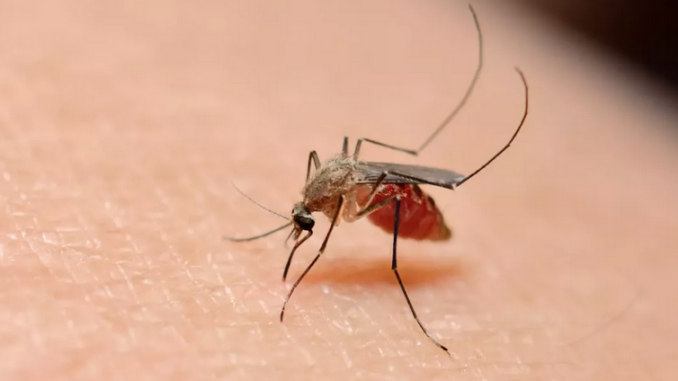
MFI and IRI-Columbia have joined forces in Angola to strengthen collaboration between INAMET and the Angolan Ministry of Health. This partnership gives substance to PPA (Public Private Academic) partnership, as advocated by WMO and the Global Weather Enterprise.
Such a partnership seemed natural given both parties’ complementarities: MFI is a subsidiary of Météo-France and works with national hydrometeorological services (NMHS) on the effective and sustainable implementation of the meteorological value chain, including necessary infrastructure and information systems at the weather timescale. IRI is a renowned interdisciplinary boundary institute within the Columbia Climate School, supporting local partners from NMHSs to sectoral users, on the development and implementation of climate services with a particular focus on sub-seasonal and seasonal timescale.

Propagation of the Malaria Risk index in relation to the onset of the rainy season (Sept.-Nov. 2023)
Both organizations recognize that science alone fails to yield the societal impacts that are needed to address the climate crisis. Understanding of sectoral needs and multistakeholder engagement are key to designing useful products and services that have a lasting impact on end-users and society. The IRI-MFI partnership, which started within the MFI global modernization project for INAMET (the Angolan NMHS), is in line with this philosophy. The objective was to provide INAMET and other authorities (especially Ministry of Health) with an efficient decision-aid service to fight against the spread of malaria, which, according to the World Health Organization, remains a public health problem in Angola, with an estimated 8.8 million cases in 2021, resulting in 17,836 deaths.
Based on high-level scientific research, a specific service was implemented at INAMET to monitor the climate conditions that are suitable for the development and transmission of malaria by anopheles gambiae mosquitoes if/where the Plasmodium parasite is present. The algorithms developed by MFI teams are based on the MARA (Mapping Malaria Risk in Africa) distribution model, with a rolling 30-day calculation. This model produces a map, updated daily, illustrating the climatic suitability for malaria transmission, derived from climatological averages, observed rainfall, humidity, and temperature. This combined climate suitability value gives an indication of the potential transmission of the disease. The tool is now embedded in the INAMET Information System in the form of monitored operational tasks and a dedicated web-portal and will be maintained in the long run through the MFI Design Build Operate approach.
In a further phase, MFI, IRI, together with INAMET, intend to engage health sector stakeholders more deeply (e.g. using epidemiological data), so that Angola’s authorities get capacity to anticipate periods favorable to the development of the mosquito and consequently implement necessary precautionary measures to best protect the Angolan population!

CONTACT US
Looking for more information? A project you would like to discuss?
Interested by our job opportunities?
Let us know !



